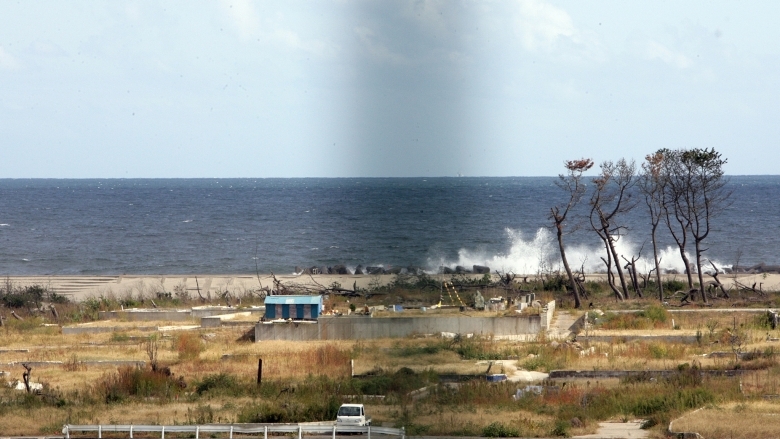As climate change leads to increasingly severe and frequent devastation around the world, (SIDS) that often find themselves in the eye of the storm.
(IMF). And the 2017 hurricane season was one of the most active in recent history, as severe rain and winds wreaked havoc across the Caribbean, and took out essential services -- including electricity.
Energy systems are vulnerable not just to hurricanes, but also to other extreme weather events such as earthquakes, wildfires, winter storms and rising sea levels. Essential recovery services suffer. Hospitals are left unable to run life-saving equipment or preserve critical medication at the right temperatures. Markets have trouble preserving food and people live in darkness, and cannot use basic appliances like fans and stoves. Life, literally, comes to a standstill.
The best way to be prepared to face and recover from natural disasters is for countries to have a good emergency preparedness plan, accompanied by strategic investments that can shorten restoration time and limit the impact of disasters. This is possible if a comprehensive plan is already in place to assess and address hazards.
The World Bank is working with clients to address this issue.
For example, the Belize Energy Resilience for Climate Adaptation Project aims to strengthen its energy infrastructure through various measures that include proactively strengthening sections of the transmission system that are particularly vulnerable and reducing the likelihood of service disruptions, improving the ability of the utility to protect equipment in areas where trees could fall and cause damage to the grid during storms, enhancing the utility’s emergency response and recovery plan, and upgrading communication systems that are used during emergencies.
Through the project, Belize will also implement a range of innovative and complementary activities on the ground, such as segmenting substations to distribute the risk of failure during extreme events, and testing alternative materials for more resilient electricity poles.
.
Standalone, off-grid electricity solutions such as individual solar home systems are a smart solution in many cases. Take Vanuatu, for example. When Tropical Cyclone Pam hit in 2015, it took down 65 kilometers of power lines, affecting an estimated 12,000 customers. But those who used solar home systems prepared before the storm by dismantling and storing the equipment – making it possible for them to reinstall and use electricity after the storm passed.
The same approach has worked in Bangladesh, where the World Bank has helped install solar home systems in 3.95 million remote households and rural shops, and is working with the government to install solar mini-grids in remote islands like Monpura. Bangladesh experiences about two-fifths of the world’s storm surges every year, affecting households, businesses and shutting down public infrastructure, In October 2016, the World Bank pledged $2 billion over the next three years in new funding to help Bangladesh address these problems and become less vulnerable to climate change.

